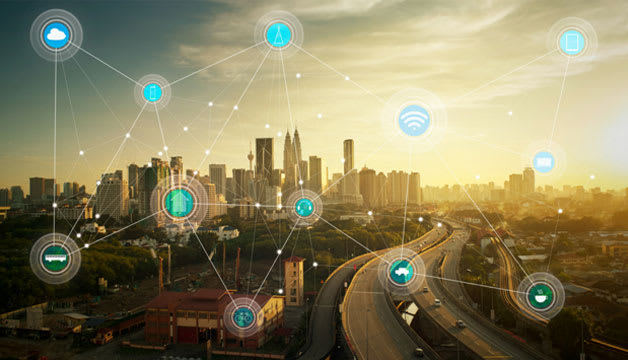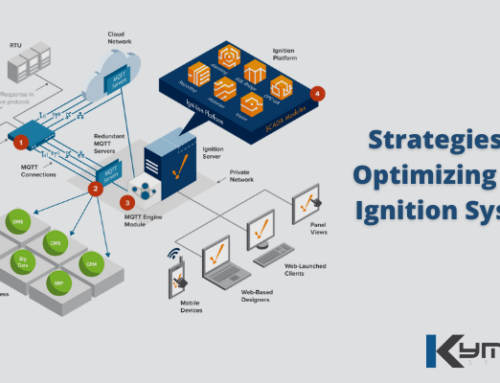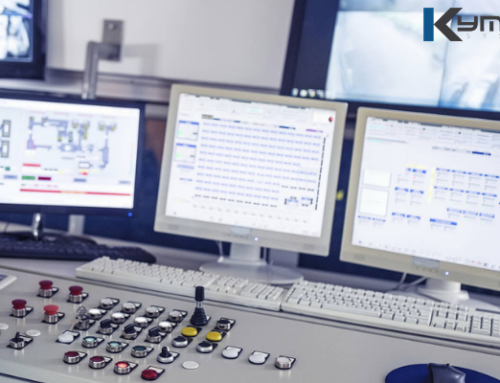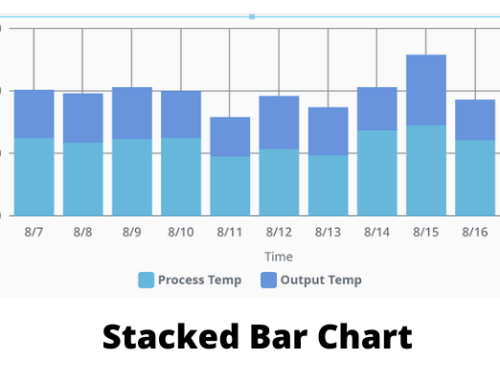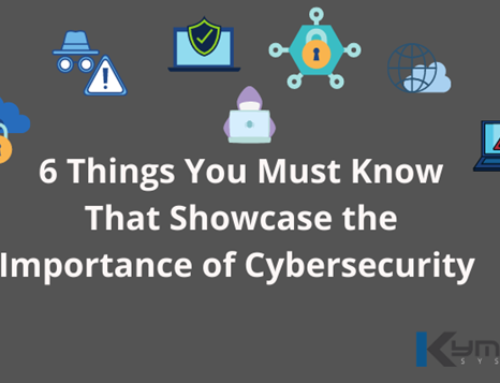IoT technologies are all around us. From mobile phones and tablets to all sorts of house appliances and vehicle tracking technologies, to automating building systems, and everything in between, IoT is slowly but surely finding its way in most aspects of your work and personal lives.
With over 20 billion IoT devices being expected to exist in the world by 2020, there is little that can get in the way of this technology’s expansion. When it comes to the industry in particular, IoT can have a tremendously positive impact as it can streamline operations, cut on costs, and drive revenue.
Nevertheless, some industries seem to be somewhat hesitant in adopting these new technologies, despite the economic benefits it has to offer. That said, here are three technologies that will stand to gain a lot from an IoT transformation.
Healthcare
As with all businesses, big or small, the most significant impediment that prevents a revolutionary (disruptive) technology from being implemented early on is the lack of knowledge and understanding of what it can do. According to a study by Accenture Consulting, only 49% of healthcare executives completely understand what IoT means for the industry.
Nevertheless, some predict that by 2020, there will be $163 billion worth of IoT technology in healthcare. It doesn’t mean that IoT is not already part of the healthcare system. Various mobile devices are already allowing nurses and doctors to keep an eye on patients, even when they are outside of work. The same type of technology applies to patients in home care.
In the future, as more devices connect to the internet, it will become increasingly important for the healthcare industry to invest in security systems that will protect their patient’s data.
Transportation and Logistics
One of the most significant industries on the planet sees transport as ready to introduce IoT. It is also the sector that will see the most changes as a result of this technology. Both transportation and logistics businesses are focusing their attention on their efficiency in the supply chain.
IoT has already made its way here with systems that can sense and respond to vehicle usage, manage downtime, and operate entire fleets to lower costs and energy consumption as much as possible. With the introduction of driverless vehicles, IoT technologies will play a significant role in keeping everything up and running.
Retail
Retail is one of the most fast-paced industries and will stand to gain tremendously from the introduction of IoT. The new technology options are said to impact the retail sector in three critical areas: the supply chain (as exemplified earlier), customer experience, and the introduction of new channels for revenue acquisition.
Retail has already been introduced to IoT, and it will be this year and in 2019 that these technologies will change the face of this industry, predominantly concerning customer experience.
Conclusion
Only by retreating into the forest and living off-the-grid will somebody be able to escape IoT and automation as a regular part of life. And even if these industries are the ones that will see the biggest transformation during 2018, they will not be the only ones.
